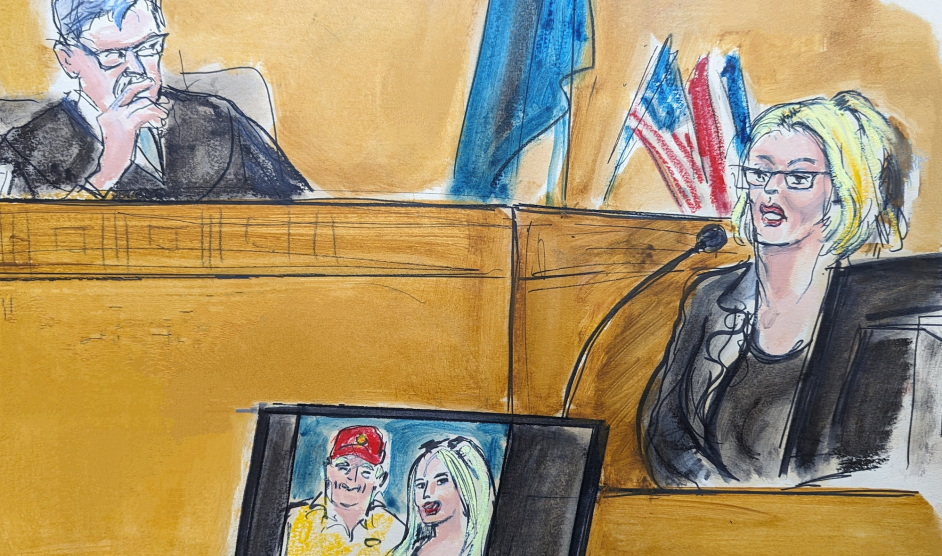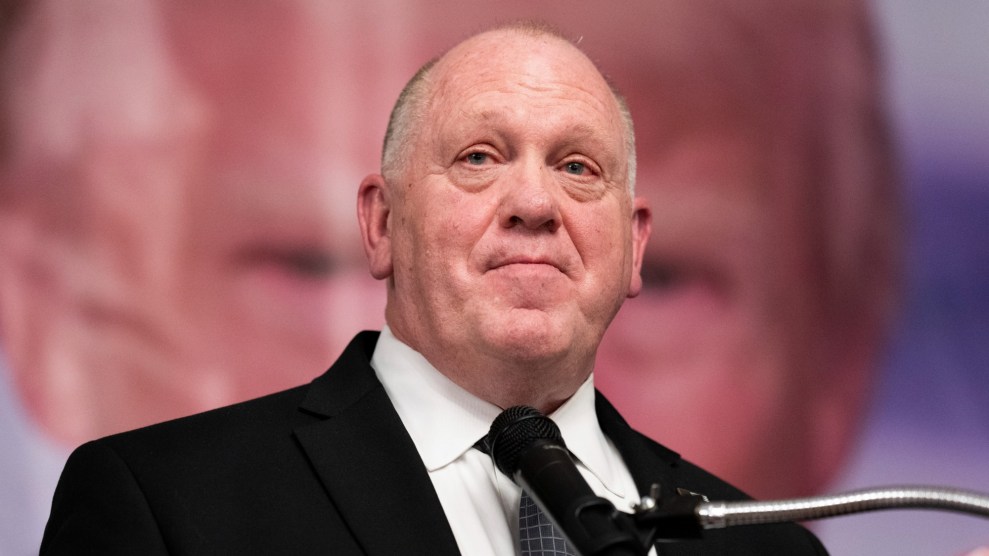Last week the CIA declassified a 211-page report which reveals that the CIA knew of serious human rights violations in Honduras in the early 1980s, but in order to ease tensions between the U.S. and Honduras, misled Congress about the abuses.
During a little-noticed “dirty war,” one of our most important allies in Latin America, Honduras, created a special military intelligence unit — allegedly trained by the CIA — that killed and “disappeared” hundreds of Hondurans.
The unit is also suspected of killing an American-born priest, Father James Francis Carney. The CIA report, which was launched as a result of a series of articles in the Baltimore Sun, attempts to answer questions about Father Carney’s probable murder, and other allegations that the CIA was involved in interrogations and torture.

Unfortunately, the report is so heavily censored that even parts of the table of contents are blacked out — along with at least 50 other pages in their entirety. You can read that the report concludes that there were “reporting inadequacies” and “inaccuracies” in the CIA’s reports to Congress about human-rights violations in the early ’80s. During that time Congress gave more than $1 billion in military aid to Honduras.
The report also states that the CIA didn’t find evidence that any CIA employee took part in torture sessions.
Because of the heavy redactions, many details of the report and the depth of the CIA’s involvement are difficult to discern. It is clear, however, that the atrocities that took place in Honduras were done during the period that U.S.-trained General Gustavo Alvarez Martinez was in charge of the Honduran armed forces. Many allegations in the report said that Alvarez ordered the interrogations and torture of suspected guerrillas. It is impossible to tell whether the report confirmed these accusations, since all those findings have been blacked out.
The CIA maintains that the heavy redactions are necessary to “protect intelligence sources and methods.”
Susan Peacock, a research fellow at the National Security Archives who has worked closely with Honduran human rights groups to get these reports declassified, sees the continued secrecy as another barrier to full understanding of U.S. involvement in Honduran human rights violations.
“We still don’t have clarity. There are discrepancies within these documents and the information they provide.” At least one thing, Peacock says, is clear: “There was a concerted effort to not provide information about Honduran human-rights abuses to Congress and the people in the 1980s.”

The MoJo Wire obtained a full copy of the report from the National Security Archive; we’ve posted a few of the conclusions for you to read. The NSA has posted some of the pages and will be posting the entire report in the next few weeks.















